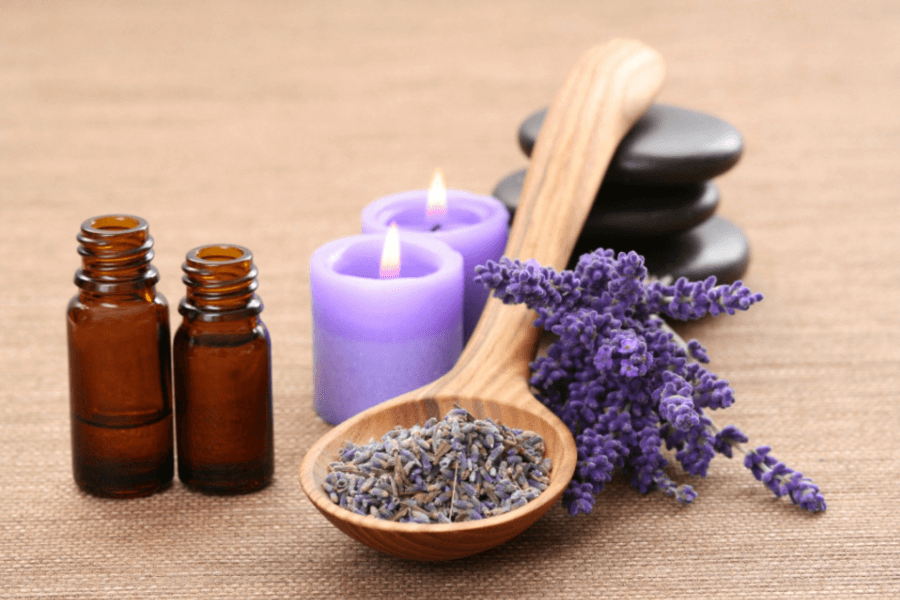Many women I work with are dreading the menopause because they know someone, either friends of family members with various horror stories of mood swings, hot flashes or weight gain. They want to prepare for the physical and emotional changes that this process brings, but just don’t understand when to start.
I thought I would look at the various options available and explain the pros and cons. First of all, if you are unfamiliar with the difference between menopause, perimenopause and pre-menopause, then do check out this post explaining that first.
Dealing With Peri-menopause Symptoms As They Occur
What this looks like: You are dealing with the hot flashes, flooding and other issues one at a time as they happen and seeking remedy for these symptoms in real time.
Pros:
- You are paying attention to your body and wanting to support her through the changes.
- You know which symptoms you are dealing with.
Cons:
- This is a bit of a fire fighting response and trying to dampen down the symptoms. Whilst it is great you are willing to start trying things at this point, it is more beneficial to prevent these symptoms by dealing with hormonal imbalances in earlier years.
- There has been no preparation to help prepare the body and take preventative measures for bone and heart health. But please don’t worry about this too much as there is still a lot that can be done to help improve these during the menopause years with the right support.
Pre-menopause Preparation
What this looks like: Start on a preparation and prevention programme of nourishing and healthy lifestyle changes in the 10 years or so before the first menopause symptoms.
Pros:
- It is great that you are looking to reduce your risk of perimenopause symptoms by preparing your body now.
- Women who do this and really follow through tend to experience less of the menopause symptoms when they reach that phase (from experience with my clients) compared to their friends or peers who haven’t.
- Still some opportunity to improve bone and heart health for later life.
Cons:
- We don’t really know when this phase will start, some women like to guess from the age at which their mother’s menopause which can be an indicator in some cases but not always. Also, if it was accurate, you would need to go from 10 years earlier than her the mother’s first peri-menopause symptoms which most women don’t know when they occurred. But note, there are still things you can do to help symptoms if they crop up before you expected and also into menopause.

After The Last (Planned) Child
What this looks like: after you have decided you no longer wish to try having more children you decide you want to start preparing your body for menopause. It is worth noting that some women do sometimes fall pregnant after this by accident.
Pros:
- It is great that you are taking early prevention steps as the changes you make will not only protect your body from a lot of health issues in the long run, but ensure that you are feeling more vital, healthy and energetic. This will benefit your experience of child rearing as well as be of benefit to your family.
- Still more time to optimise bone health and heart health in later life.
Cons:
- You don’t often know when the peri-menopause will follow the birth of the last child. If later in life, it could actually delay the menopause as pregnancy rejuvenates the reproductive system in many women. (Although it can also trigger auto-immune conditions which can shut off our reproductive system too).
After The Last (Planned) Child
What this looks like: a woman has an unplanned hysterectomy as a result of some health condition such as endometrial cancer or childbirth complications.
Pros:
- By taking care now, you are helping your body to recover and work through the sudden menopause that it has been put through.
Cons:
- You didn’t have the opportunity to prepare for this so didn’t have time to prepare and may also be mourning the loss of your womb. But fear not, there are many things you can still do to help.
Planned Hysterectomy
What this looks like: when a woman has decided to have a hysterectomy, usually due to health issues such as endometriosis or fibroids, and spends time before and after the procedure getting her body into the best shape she can.
Pros:
- This is a great way to prepare your body for the changes that are about to occur.
- You may end up reducing or even getting rid of the issues that led you to seek out a hysterectomy in the first place anyway (and end up cancelling it).
- You are putting your body in a great position for post-surgical recovery.
Cons:
- If this is happening later in life, you may not have made the most of prevention opportunities in terms of bone and heart health, but there are still plenty of protective measures you can take.
Puberty
What this looks like: as soon as a young woman has entered into menarche, she takes protective steps to look after her long term hormonal health with the support of her family in terms of healthy lifestyle and wellness routines.
Pros:
- This is the best time to prepare for menopause as if women at this age took steps to optimise their cycle, health and bone density, they will be setting them up for a life with minimal period problems and potential for a great menopause period.
- As this is often done as a whole family, this sets the whole family up for success and good health.
Cons:
- If you are too strict at such an early age and have no leeway for a young woman to have fun, she may rebel against this later on in life.
Final Thoughts On Menopause Preparation
The best time to start preparing for menopause is now. Many of the root causes of issues that cause issues in menopause, present themselves as period problems or hormonal issues in earlier life. When you start preparing by looking after your periods at a younger age, regardless of whether or not you want more children, you will be giving your body the support she needs to help her through transition into the menopause.




